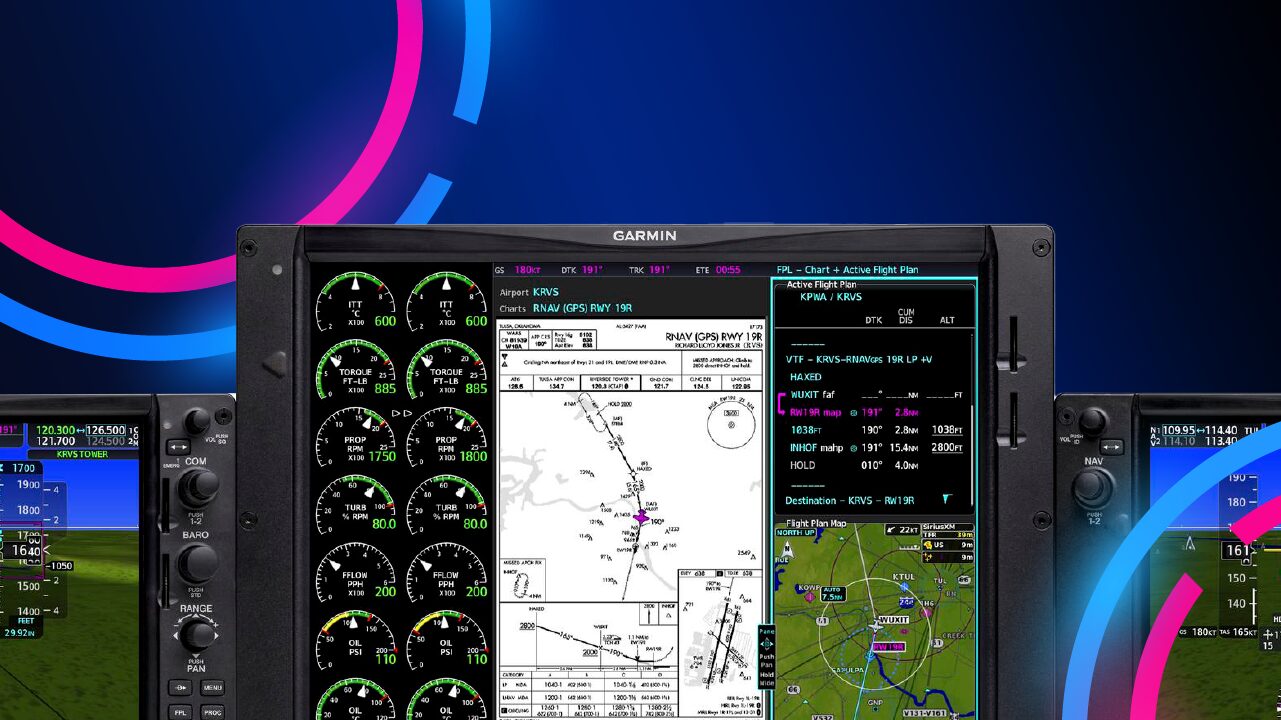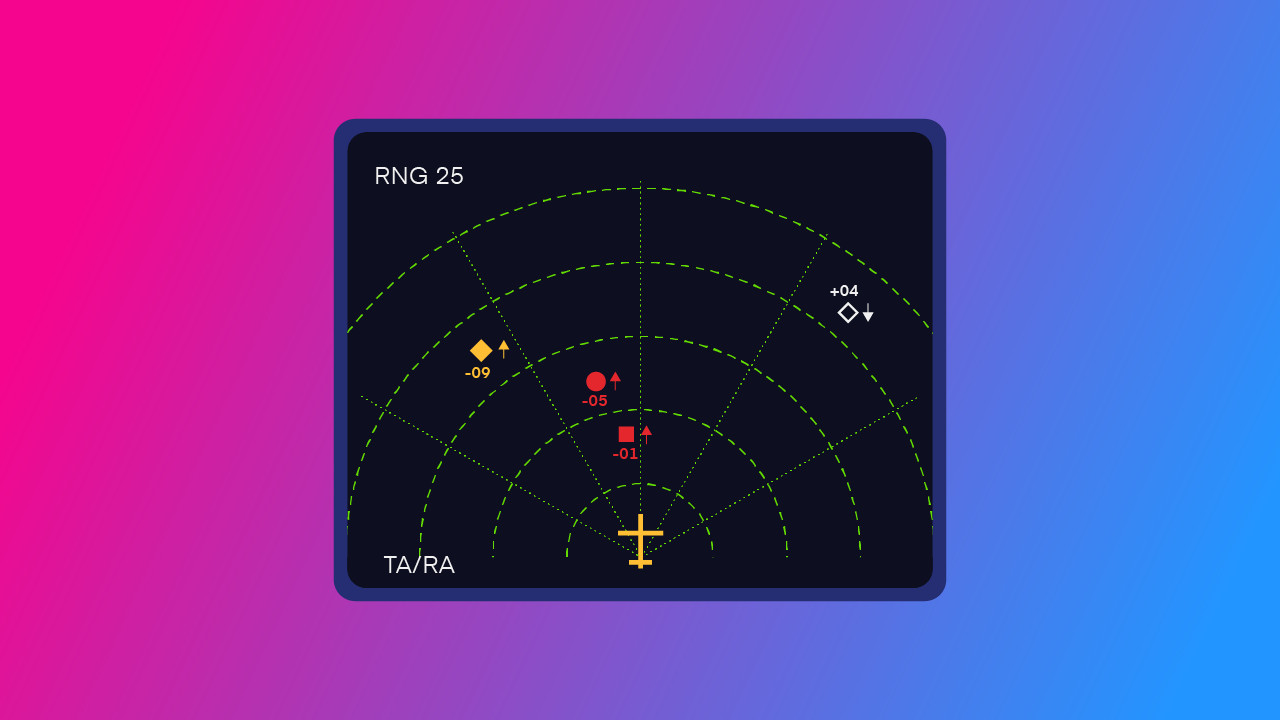-
Is an Aviation College the Right Choice?
-
Top 10 Aviation Colleges
- 1. Purdue University (West Lafayette, IN)
- 2. University of North Dakota (Grand Forks, ND)
- 3. Embry-Riddle Aeronautical University (Daytona Beach, FL)
- 4. University of Oklahoma (Norman, OK)
- 5. Western Michigan University (Kalamazoo, MI)
- 6. Kansas State University Salina (Salina, KS)
- 7. Elizabeth City State University (Elizabeth City, NC)
- 8. Utah Valley University (Orem, UT)
- 9. Iowa Lakes Community College (Estherville, IA)
- 10. Ohio State University (Columbus, OH)
-
Conclusion
The right college can set you on a course for a successful career. It offers essential skills, valuable industry connections, and memorable experiences.
In this article, we’ve ranked the top 10 U.S. aviation colleges based on their facilities, curriculum, and career placement rates. These colleges have a track record of success and might just be your perfect takeoff point.
But is an aviation college even the right choice for you? Let’s find out and discover where you might earn your aviation wings.
Summary:
- Purdue University (West Lafayette, IN)
- University of North Dakota (Grand Forks, ND)
- Embry-Riddle Aeronautical University (Daytona Beach, FL)
- University of Oklahoma (Norman, OK)
- Western Michigan University (Kalamazoo, MI)
- Kansas State University Salina (Salina, KS)
- Elizabeth City State University (Elizabeth City, NC)
- Utah Valley University (Orem, UT)
- Iowa Lakes Community College (Estherville, IA)
- Ohio State University (Columbus, OH)
Is an Aviation College the Right Choice?
You’ve decided that you want to become a pilot – congratulations!
Now the question is whether you should go to a traditional flight school or an aviation college.
In a traditional flight school, the focus is squarely on practical flight training. You’ll likely fly more frequently and could earn your pilot’s license faster. It’s a direct route to your license, but it comes without the broader academic foundation and aviation connections.
On the other hand, an aviation college program offers a more comprehensive experience. While you train for your licenses, you’ll also work towards a degree. The curriculum covers theoretical knowledge of subjects like aviation law, weather, and aerodynamics. This depth of understanding can make you a more well-rounded pilot.
Beyond academics, college programs often provide more structured training and a stable learning environment. You’ll also have access to college resources and activities. These could include research opportunities, networking events, and career services.
Moreover, a degree can open up more career paths in the aviation industry, particularly when it comes to larger airlines. Some airlines even require a bachelor’s degree for their pilots.
A college aviation program will be more expensive than the traditional flight school route, but you’ll create a better foundation for a long-term career in aviation.
So, future pilots, think about your long-term goals. If you want a broad education alongside flight training, an aviation college could be your ticket to success. But if you’re keen to get flying as soon as possible, a traditional flight school might be the ticket.
Top 10 Aviation Colleges
1. Purdue University (West Lafayette, IN)
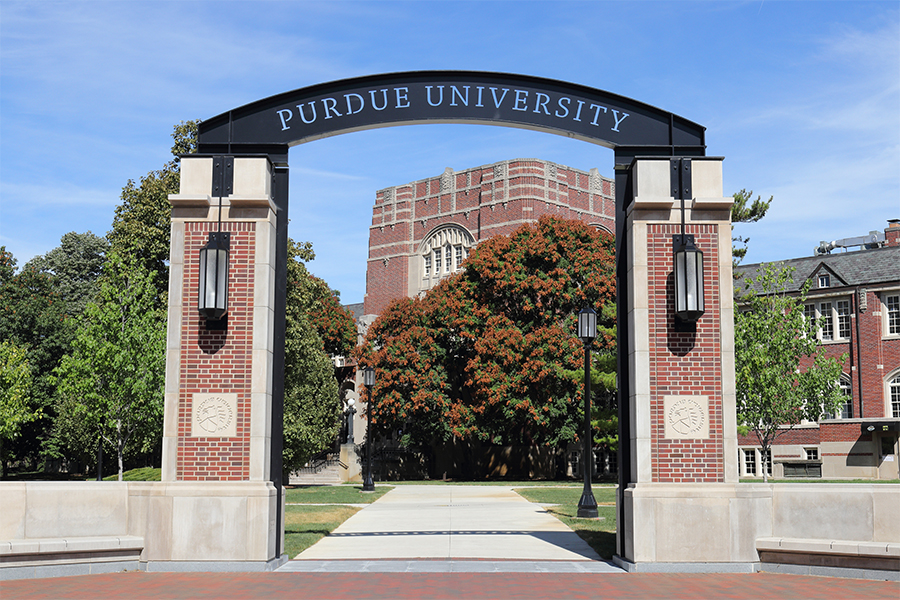
Let’s kick off our top 10 list with Purdue University, nestled in the heart of Indiana. This reputable institution has been catapulting aviation enthusiasts into the skies since 1930.
At Purdue, you’ll find yourself immersed in a vibrant aviation community. The university boasts state-of-the-art facilities, including its own airport, Purdue University Airport (KLAF). This not only supports practical flight training, but it also serves as a dynamic lab for aviation technology students.
The School of Aviation and Transportation Technology offers a variety of specialized programs. These range from professional flight and aeronautical engineering technology to aviation management. They all tie together technical expertise with hands-on experience.
Moreover, Purdue prides itself on small class sizes. This allows for more personalized instruction, both in the classroom and in the cockpit.
Purdue alumni have been making waves in the aviation industry. Noteworthy graduates include astronauts like Neil Armstrong and Eugene Cernan.
2. University of North Dakota (Grand Forks, ND)
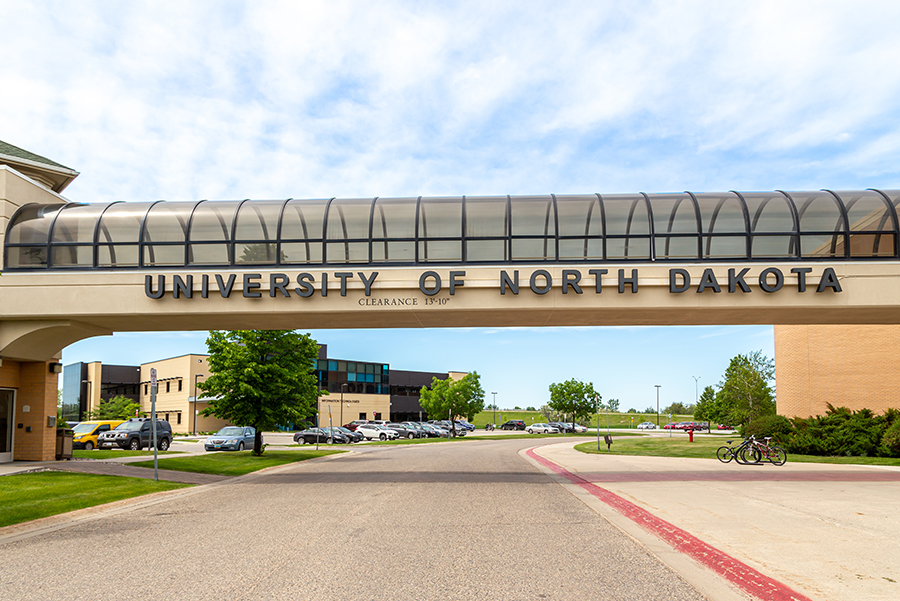
Next on our list is the University of North Dakota (UND), a key player in aviation education located in the picturesque city of Grand Forks.
UND’s John D. Odegard School of Aerospace Sciences is home to one of the most acclaimed aviation programs in the nation. It’s known for its top-tier flight training and broad aviation curriculum.
Students have the chance to fly high-quality aircraft under varied weather conditions. The diverse North Dakota climate provides an extra layer of challenge and experience. Plus, the university’s fleet of over 120 aircraft is one of the largest among civilian institutions.
UND also offers numerous degree programs in aviation. These include commercial aviation, aviation management, and unmanned aircraft systems. This range of programs lets you tailor your education to fit your career aspirations.
Beyond academics, the university fosters a rich community culture. Numerous aviation clubs and organizations await to enhance your collegiate experience.
With UND’s comprehensive programs and diverse learning opportunities, it’s a stellar place to earn your wings and degree.
3. Embry-Riddle Aeronautical University (Daytona Beach, FL)
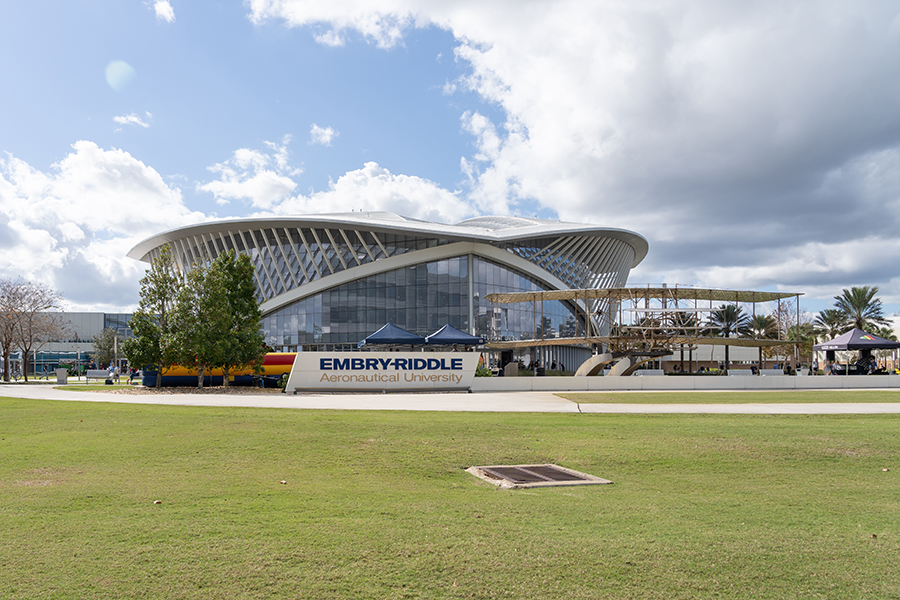
Let’s shift our focus south to the sunny shores of Daytona Beach, home to Embry-Riddle Aeronautical University. Described as the “Harvard of the Sky,” Embry-Riddle holds a well-earned reputation in the aviation world.
Embry-Riddle provides a comprehensive blend of theoretical and practical training. Their curriculum goes beyond flight training to include elements of business, technology, and safety in aviation.
One of the university’s standout features is its fleet. Boasting a collection of cutting-edge aircraft and flight simulators, it provides students with top-notch training resources.
Degree programs are diverse, ranging from Aeronautics and Aerospace Engineering to Aviation Business Administration. This breadth offers a holistic understanding of the industry.
Plus, the beachside location isn’t just for looks; The favorable weather allows for a significant number of flight training days.
If you’re seeking a broad aviation education in a sun-soaked setting, Embry-Riddle Aeronautical University could be your perfect destination.
4. University of Oklahoma (Norman, OK)
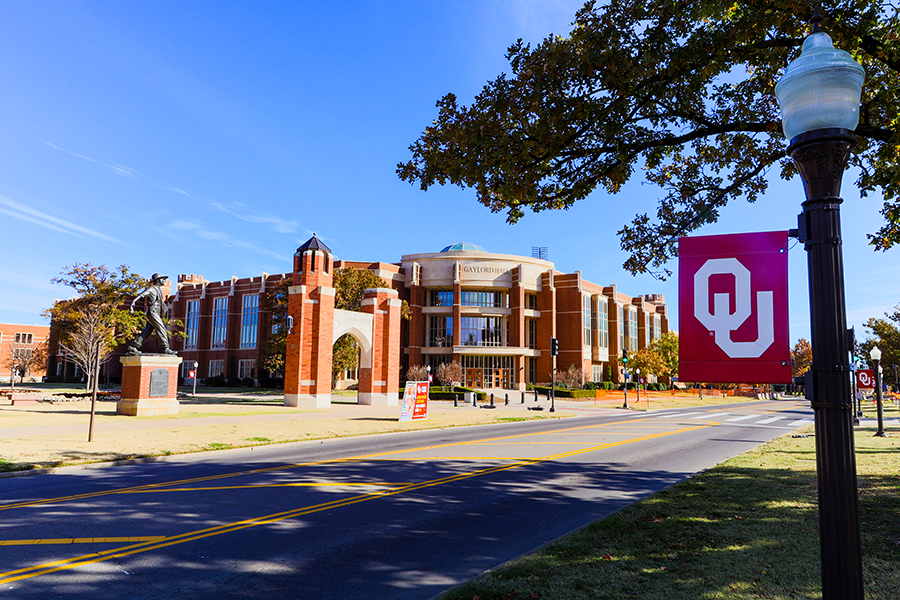
Heading back to the Midwest, we touch down in Norman, Oklahoma. Here lies the University of Oklahoma (OU), a hidden gem in aviation education.
At OU, you’ll discover an immersive aviation program that balances academic rigor with practical training. OU’s College of Aviation, known for its high standards, offers a Bachelor of Science in Aviation with concentrations in piloting and management.
One of OU’s defining features is the Max Westheimer Airport. This airport, owned and operated by the University of Oklahoma, serves as a base for students. It hosts an impressive fleet of aircraft and advanced flight simulators.
The University of Oklahoma has announced a plan to replace its fleet with brand-new aircraft, with the first batch expected to arrive at the end of 2023. This will mean that OU will have one of the newest fleets of any college listed in this article.
OU also offers student organizations related to aviation. These provide networking and learning opportunities outside the classroom.
OU alumni have been successful in various aviation careers. This track record reflects the quality of the university’s aviation program.
5. Western Michigan University (Kalamazoo, MI)
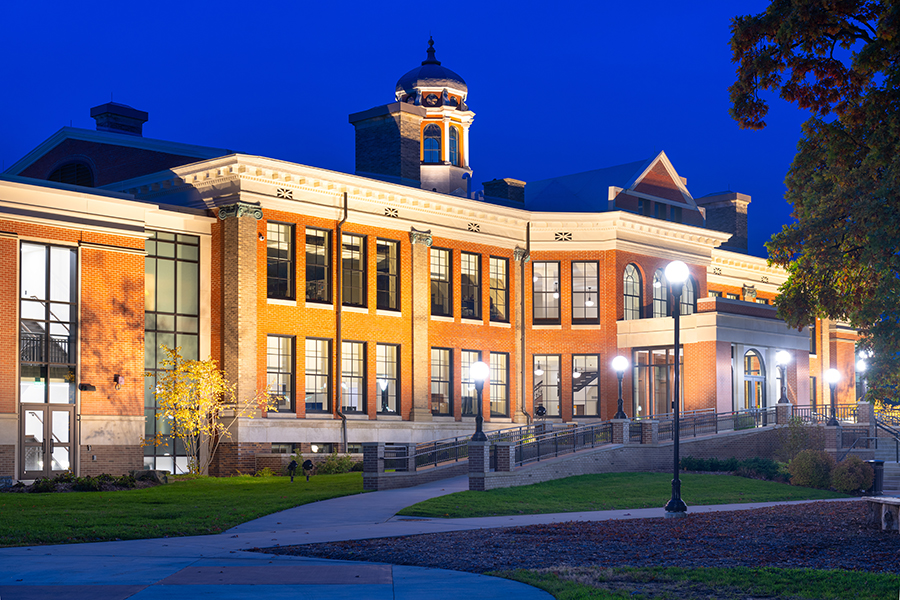
Continuing our journey, we arrive in the vibrant city of Kalamazoo, Michigan. This is the home of Western Michigan University (WMU), a college with a dynamic aviation program.
WMU’s College of Aviation is one of the largest in the nation. They offer three rigorous degree programs: Aviation Flight Science, Aviation Technical Operations, and Aviation Management and Operations.
WMU provides high-quality training resources. Students get access to a fleet of over 50 aircraft, including multi-engine and turbine aircraft as well as advanced flight simulators.
WMU also boasts an advanced fleet. Featuring 26 glass-cockpit equipped Cirrus SR20 aircraft, a King Air, and 10 Piper Seminoles (to name a few), WMU’s modern fleet will serve you well.
WMU graduates have found successful placements in all sectors of the aviation industry. They work for major airlines, government organizations, and aerospace companies.
6. Kansas State University Salina (Salina, KS)
Next, we head to the heartland of America in Salina, Kansas. It’s here that Kansas State University Salina (KSU Salina) resides, offering an outstanding aviation program that stands among the best in the country.
KSU Salina’s Polytechnic Campus is a hub of innovation. Their aviation program shines with offerings in professional pilot, aviation management, and unmanned aircraft systems.
The university is more affordable than other options on this list and provides great value for money. Not to mention the aviation campus and accommodation is within walking distance from the flight line of Salina regional airport.
And with over 340 days of flyable weather annually, your flight training will rarely hit a weather-related delay.
7. Elizabeth City State University (Elizabeth City, NC)
Moving southeast, we find Elizabeth City State University (ECSU) in the charming city of Elizabeth City, North Carolina. This university offers a standout aviation program that is the only one of its kind in the state.
ECSU’s Aviation Science program stands out for its diverse concentration areas. These include flight education, Air Traffic Control, computer science, and aviation management. This range of programs allows students to focus on their specific interests within the aviation industry.
ECSU houses state-of-the-art flight simulators and a fleet of aircraft for flight training at Elizabeth City Regional Airport.
ECSU is also home to the only four-year air traffic control program in North Carolina. This is a significant advantage for those interested in this career path.
Graduates of ECSU’s Aviation Science program have gone on to successful careers in both private and commercial aviation sectors.
8. Utah Valley University (Orem, UT)
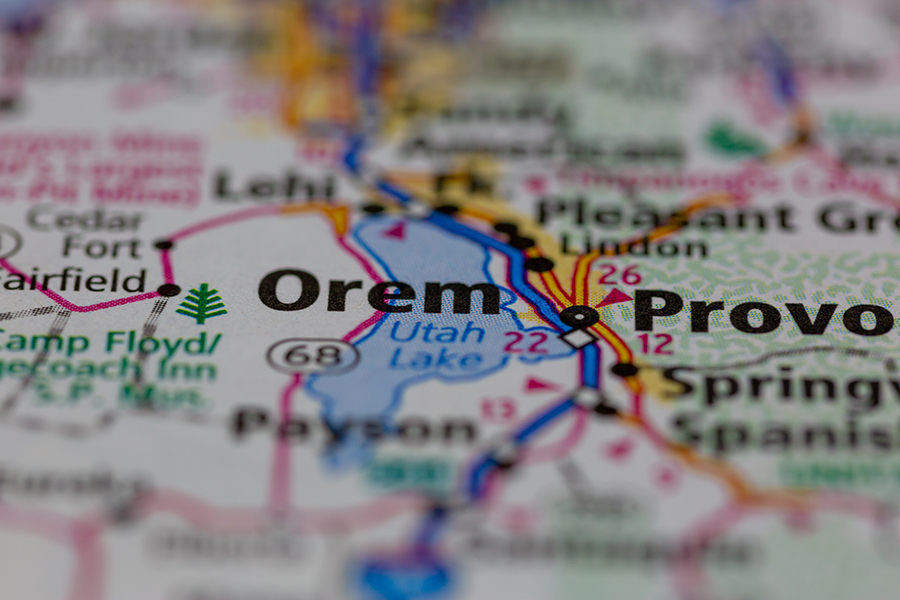
Heading westward, we find Utah Valley University (UVU) nestled in the beautiful city of Orem, Utah. Against the backdrop of the stunning Wasatch Mountain range, UVU hosts an esteemed aviation program.
What sets UVU’s School of Aviation Sciences apart is its affordability. The cost of their Aviation Science degree programs is competitive, making quality aviation education accessible to more students.
UVU’s commitment to modern technology shines through its fleet. Each aircraft is equipped with the latest Garmin avionics, ensuring students gain experience with industry-standard equipment.
The location of the university also plays a significant role in its aviation program. The varied Utah landscape offers a range of weather conditions and terrains, enriching the flight experience.
9. Iowa Lakes Community College (Estherville, IA)
Heading back east, we find Iowa Lakes Community College (ILCC).
An FAA-approved Part 141 pilot school, ILCC provides comprehensive ground and flight training at the conveniently located Estherville Municipal Airport.
Value is an essential part of the ILCC experience. With affordable tuition rates and average flight costs, your wallet will thank you. Furthermore, the school offers several aviation scholarships to further alleviate costs. The average student receives around $2,300 in scholarships.
When it comes to training, ILCC doesn’t hold back.
Students have access to a diverse fleet of aircraft, including Cessna 172s, Piper Arrows, and Cirrus SR20s, among others. This access to various aircraft types equips graduates for eligibility for a Restricted ATP (R-ATP).
Don’t be fooled by the small size of this community college. Campus life at ILCC is vibrant, offering on-campus housing, dining options, and more than 25 student clubs and organizations.
Sports enthusiasts can join one of the intramural or club sports teams, or simply enjoy the facilities at the Smith Wellness Center on campus.
Iowa Lakes Community College provides a unique dual degree in aviation and management. Its affordability, diverse fleet, and campus life make it an excellent choice for aspiring aviators.
10. Ohio State University (Columbus, OH)
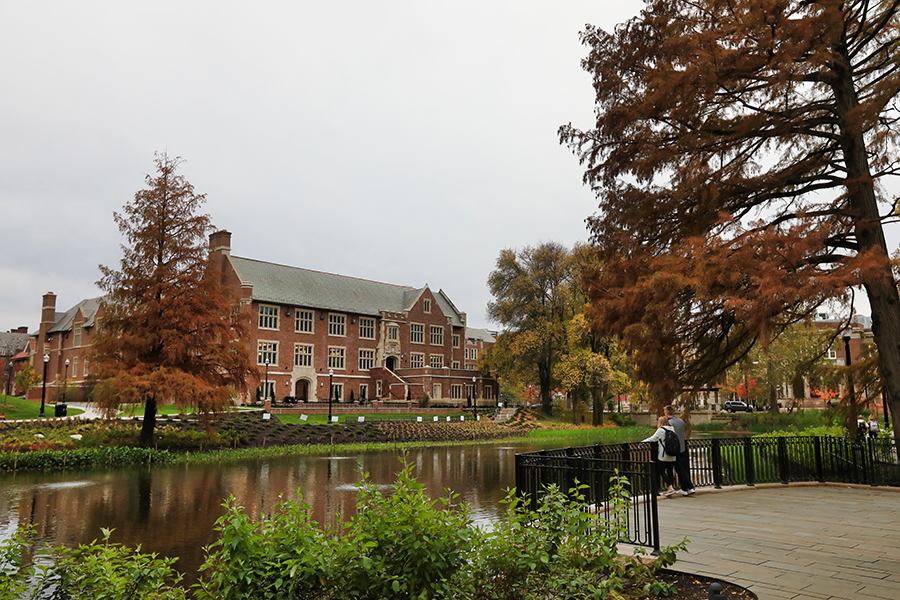
Our journey ends at the Ohio State University in Columbus, where we find an aviation program founded on a solid engineering background.
Offering three bachelor’s degree options and two minors, OSU focuses on producing well-rounded pilots capable of designing, managing, and operating aviation systems.
OSU operates its flight program from the Ohio State University Airport, just a short drive from the main campus. Here, students engage in rigorous programs, including Bachelor of Science degrees in Aviation and Aviation Management, a Bachelor of Arts in Air Transportation, and minors in Aircraft Dispatch and Aviation.
While in-state tuition sits at a reasonable rate, flight costs may run higher than average. However, numerous scholarships and GI Bill benefits can help offset costs. OSU also boasts industry partnerships with airlines like Envoy, PSA, and Piedmont Airlines, offering pathway programs that can lead to job offers while still completing your ratings.
Facility-wise, Ohio State University impresses with a fleet of 20 aircraft, multiple flight simulators, an Air Traffic Control tower, a weather station, and navigation systems. Students can benefit from equipment like the Frasca Trueflight Flight Training Device and the Redbird FMX Simulator.
Campus life at OSU is vibrant, with plenty of residence halls and dining facilities.
There are more than 1,400 student organizations to get involved in. The university’s commitment to student success extends to services like resume editing, career fairs, and volunteer opportunities. Plus, as part of the NCAA’s Big Ten Conference, sports enthusiasts will enjoy the spirited games.
Ohio State University provides an excellent aviation program with a variety of degrees and pathway programs. The extensive facilities and the vibrant campus life complete the package, making it an ideal choice for those ready to take to the skies.
Conclusion
Choosing an aviation college requires careful consideration of various factors, from academic curriculums and hands-on training facilities to extracurricular activities and career placement rates.
Each of the colleges on our list offers distinct strengths and opportunities in the field of aviation.
The choice ultimately depends on your career aspirations and individual needs. Whether you aspire to fly aircraft, become an Air Traffic Controller, or manage an aviation business, these institutions offer robust programs that could potentially launch your aviation career to new heights.
One thing is for certain, no matter which college you choose, this is the start of an adventure!


